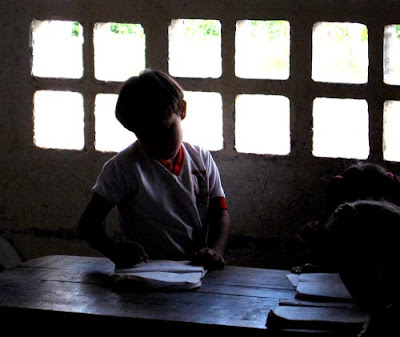Everybody knows that cruising can give access to remote places, like tucked away bays or unpopulated islands. But it’s less known that living in your own boat can make it affordable to explore expensive cities.
It’s also less stressful, especially on a budget, to unwind in your own boat, than to be staying in a run down hotel, where you hear sounds through naked walls and wonder what the heck is going on.
The fee for the marina is not that much if you are, say, staying in the 79th Street Basin in Manhattan, New York, or just tied up along the quay in beautiful Porto, Portugal (where we had landlubbers asking if we really came all the way from Norway in “that little thing”).
Chicago was another big city highlight. We stayed in Monroe Harbor Marina, a friendly place with a good access to the city.
Finally we had to unstep the mast and use the outboard to the first lock, outside Chicago River. We passed through down-town Chicago in the early morning, straight through the most interesting cluster of modern architecture. It’s an experience that our little boat made possible.































